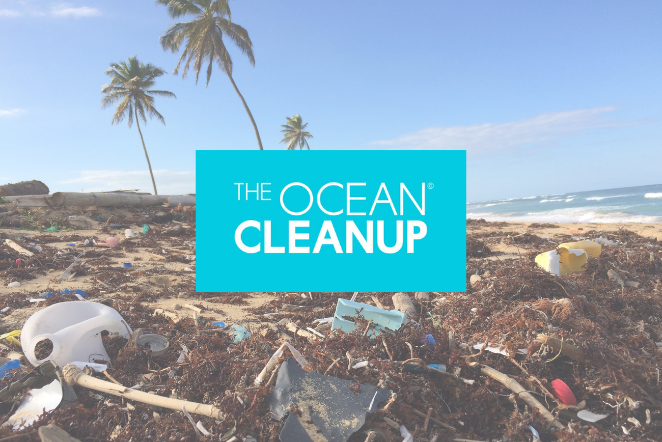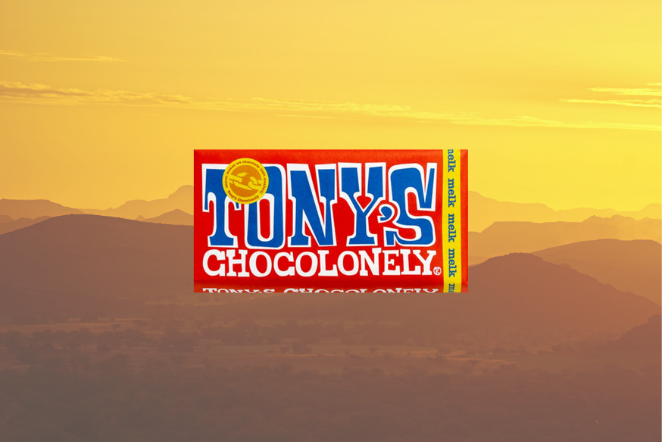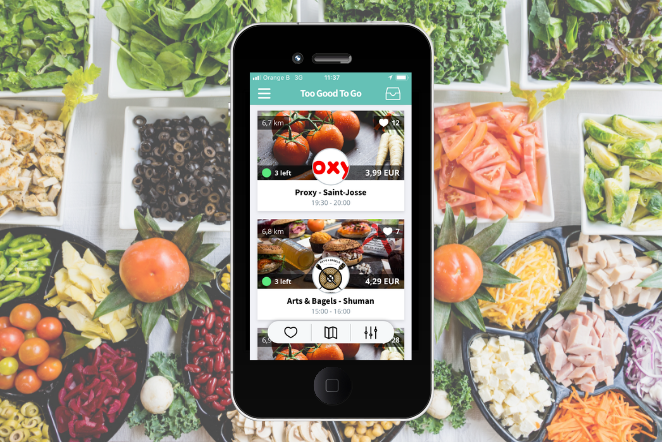Have you ever thought about plastic pollution while swimming in the sea? Pondered about slavery while enjoying a chocolate bar? Reflected on food waste while eating out at a restaurant?
Although most people don’t consider world challenges while going about their day-to-day activities, these kept Boyan Slat, Teun Van de Keuken and Lucie Basch awake at night. The 3 entrepreneurs decided to take action and (co-)founded The Ocean Cleanup, Tony’s Chocolonely and Too Good To Go.
Let’s find out how these start-ups have provided self-sufficient solutions to world-threatening challenges. In addition, we explain the advantages of a start-up structure and demonstrate why every company, regardless of its growth phase, should invest in sustainable entrepreneurship.
The eye-opening experiences of 3 young entrepreneurs
We zoom in on the ‘why’ of The Ocean Cleanup, Tony’s Chocolonely and Too Good To Go and look at how they’ve achieved growth.
The Ocean Cleanup
What and why?
The Ocean Cleanup intends to clean up the plastic garbage floating around in the Great Pacific. They aim to do so within a time span of 5 years by installing self-supporting platforms.
It all started when Boyan Slat went scuba diving in Greece and came across more plastic than fish. He immediately realized something had to be done about plastic pollution. Until then, no one had taken the initiative to solve this challenge. Researchers believed it would take 79,000 years to eliminate the plastic in the ocean, something Slat couldn’t agree with.

How?
Slat realized he’d need partnerships and a community to fight against plastic pollution. To gain expertise, he contacted professors from all over the globe. With their help, his idea became more tangible. He eventually presented his concept in a TEDx talk.
Aiming to educate people and collect funds, Slat created a sense of community during his talk. He emphasized how the plastic pollution problem influences everybody’s lives: animals are dying and our food chain is getting polluted.
His TEDx talk was picked up by several news sites, which benefited his crowdfunding campaign: he raised over 2 million USD in less than 100 days.
Tony’s Chocolonely
What and why?
Tony’s Chocolonely produces 100% slave-free chocolate. The brain behind this company is Dutch reporter Teun van de Keuken, who changed ‘Teun’ into ‘Tony’ and used ‘Chocolonely’ to refer to his lonely battle against slavery and child labour in the cocoa industry.
Van de Keuken’s story dates back to 2002, when he made the shocking discovery that child slavery continues to exist on cocoa farms in West Africa, in spite of strict regulations signed by large multinationals. He contacted them to spark up a conversation, yet no one was interested in changing their way of working. van de Keuken took matters into his own hands and founded his own brand.

How?
Once his chocolate brand entered the market, van de Keuken worked hard to create awareness about the issue of slavery. He opted for an innovative approach: he “turned himself in” after committing the crime of willingly buying chocolate with the knowledge that slavery was involved. His act led to a sensational television appearance and hence sparked attention.
In addition, he educated consumers about the problem by dividing his chocolate bars in an uneven way: they represent the uneven distribution of resources in the world.
He also launched a meter on his website, where consumers can measure their own impact. A perfect example of creating a sense of community.
Too Good To Go
What and why?
Too Good To Go is an application for both food service establishments and consumers to fight food waste. The concept is simple: stores sell unsold items at the end of the day to consumers who receive more than 50% reduction.
According to the United Nations, roughly one third of the food produced for human consumption is thrown away every year. Lucie Basch, co-founder of Too Good To Go, observed the piles of food waste large companies create, which inspired her to tackle this waste.

How?
Milburn created a (mobile) application that provides a match between supply (food service establishments) and demand (consumers). For the concept to work, it’s vital to generate enough traffic to the application.
To attract long term partners, Milburn and her team visited potential partners (restaurants, supermarkets, caterers, etc.) to educate them personally about the food waste issue and their TGTG solution. For consumers to use the platform and buy meals, a sense of community is essential. They should feel they’re helping to reduce food waste and stimulate other users.
Why do start-ups mostly start with sustainable entrepreneurship?
Based on the above insights, we can conclude that a start-up structure has advantages for sustainable entrepreneurship. We identify 3 reasons:
- Start-ups have a flexible structure: small teams, a flat hierarchy and quick decision paths allow freedom to experiment and get things done.
- Their business model is built around their reason to exist, for example fighting against food waste.
- They possess a limitless desire to have an impact, which is present throughout the entire organization, despite the (typically) limited financial resources of most start-ups.
We took a closer look at Too Good To Go’s business structure while working on their case in the context of Marketing 4 Good. It’s a segment of The House of Marketing that provides marketing support and services to non-profit organizations. During the Immersion Camp last August, during which new joiners gather for a week of training, 19 THoMers worked on accelerating the growth of Too Good To Go in Belgium and France.
Although start-ups have an advantageous business structure to focus on sustainable entrepreneurship, every company should invest in doing so.
Why should every company invest in sustainable entrepreneurship?
Walking through the start-up cases, it has become clear that there are plenty of benefits associated with sustainable entrepreneurship. They apply to every company, regardless of its structure or growth phase. We divide them into 3 categories: ethical and environmental wins, increased marketing effectiveness and financial advantages.
Ethical and environmental wins
- You raise awareness about a global issue, which might entice other market players to act as well.
- You exert an actual impact on the magnitude of the issue.
Greater marketing effectiveness
- You improve your company reputation and brand image.
- You could satisfy an unmet need, like Tony’s Chocolonely did: before their existence, most people were unaware of the slavery issues. Yet once they had created awareness, the need for chocolate not involving slavery arose.
- You gain earned advertising and word-of-mouth communication. Good storytelling and a professional PR-approach are key to this.
Financial advantages
- You generate more sales and higher profitability due to greater marketing effectiveness.
- You could decrease costs. Classic examples are investment in wind turbines or solar panels and the instalment of low-energy light bulbs and water-saving taps.
- You could facilitate your search for external capital, either from classic investors or via crowdfunding, and pro-bono consulting.
Conclusion
In order to integrate sustainable entrepreneurship, it’s important to understand that you can’t fight problems on your own. That’s why you should attract the right partners and create a community. To do so, you should create awareness and educate the public about the problem.
Start-ups seem to have a beneficial structure for sustainable entrepreneurship, although it should in fact be integrated in every company, due to ethical and environmental wins, increased marketing effectiveness and financial advantages.
So, what are you waiting for? There are still so many world problems to tackle and no time to waste!
In the meantime, let us know where you are today. We're conducting research about the corporate sustainability level of Belgian companies. Share your voice by hitting the button below:
Sources: The Ocean Cleanup, Tony's Chocolonely and Too Good To Go.




